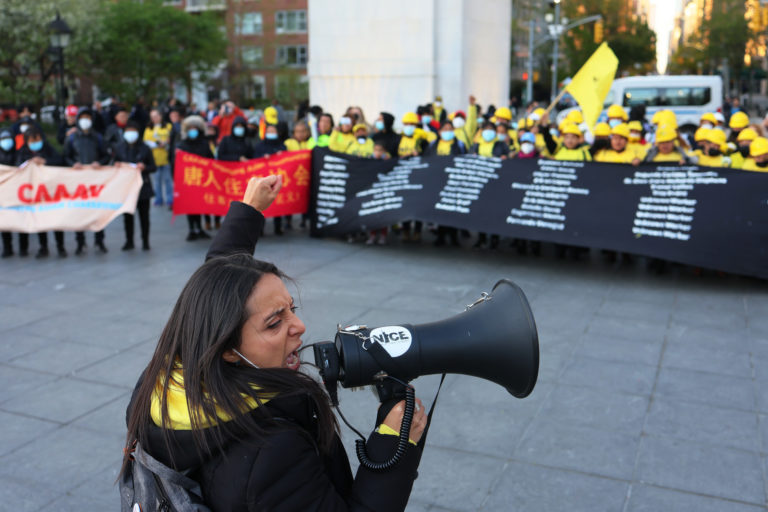According to the Washington Post, Democrats and Republicans may have found common ground in the debate surrounding immigration reform: both parties seem to think that the government should issue more employment-based visas. Despite this apparent consensus, some labor groups have expressed concern that increasing the number of employment-based visas will make it more difficult for American workers to find jobs.
The Los Angeles Times reports that, last week, superintendent John Deasy was the star witness in a case challenging the rules that govern the hiring and firing of Los Angeles teachers. The case—Vergara vs. California—will decide whether Los Angeles has made it too difficult to fire incompetent teachers.
The Wall Street Journal reports that, in a case before the National Labor Relations Board, Wal-Mart is arguing that it has a legal right to discipline employees who participate in short strikes. Short, sporadic strikes have become a popular strategy for workers asserting their rights because they allow striking employees to return to their jobs before their bosses have time to hire replacement workers.
The New York Times profiles Floralba Fernandez Espinal, a woman seeking to assert her rights under New York City’s new Pregnant Workers Fairness Act. The Act requires that employers provide reasonable accommodations for their pregnant employees. Ms. Fernandez requested accommodations from her employer (a thrift store) after her doctor advised that she should not do any heavy lifting during her pregnancy. Instead of providing the requested accommodations, the employer placed her on unpaid leave. Ms. Fernandez is now demanding reinstatement and back pay.
On the opinion pages, Douglas K. Smith of the New York Times suggests that we should have a “maximum wage” for government officials and the highest-paid government contractors. Mr. Smith contends that a “maximum wage” would limit the amount of tax dollars that flow to the richest one percent of workers, and would force government contractors to operate more efficiently.
Finally, in international news, the Los Angeles Times reports that the International Olympic Committee (IOC) has intervened on behalf of workers who built infrastructure for the Sochi Games. The IOC says that it has “concrete information” that workers were mistreated. As a result, the IOC met with Russian Deputy Prime Minister Dmitry Kozak and an ombudsman for human rights to discuss outstanding payments to the workers.






Daily News & Commentary
Start your day with our roundup of the latest labor developments. See all
December 21
Argentine unions march against labor law reform; WNBA players vote to authorize a strike; and the NLRB prepares to clear its backlog.
December 19
Labor law professors file an amici curiae and the NLRB regains quorum.
December 18
New Jersey adopts disparate impact rules; Teamsters oppose railroad merger; court pauses more shutdown layoffs.
December 17
The TSA suspends a labor union representing 47,000 officers for a second time; the Trump administration seeks to recruit over 1,000 artificial intelligence experts to the federal workforce; and the New York Times reports on the tumultuous changes that U.S. labor relations has seen over the past year.
December 16
Second Circuit affirms dismissal of former collegiate athletes’ antitrust suit; UPS will invest $120 million in truck-unloading robots; Sharon Block argues there are reasons for optimism about labor’s future.
December 15
Advocating a private right of action for the NLRA, 11th Circuit criticizes McDonnell Douglas, Congress considers amending WARN Act.